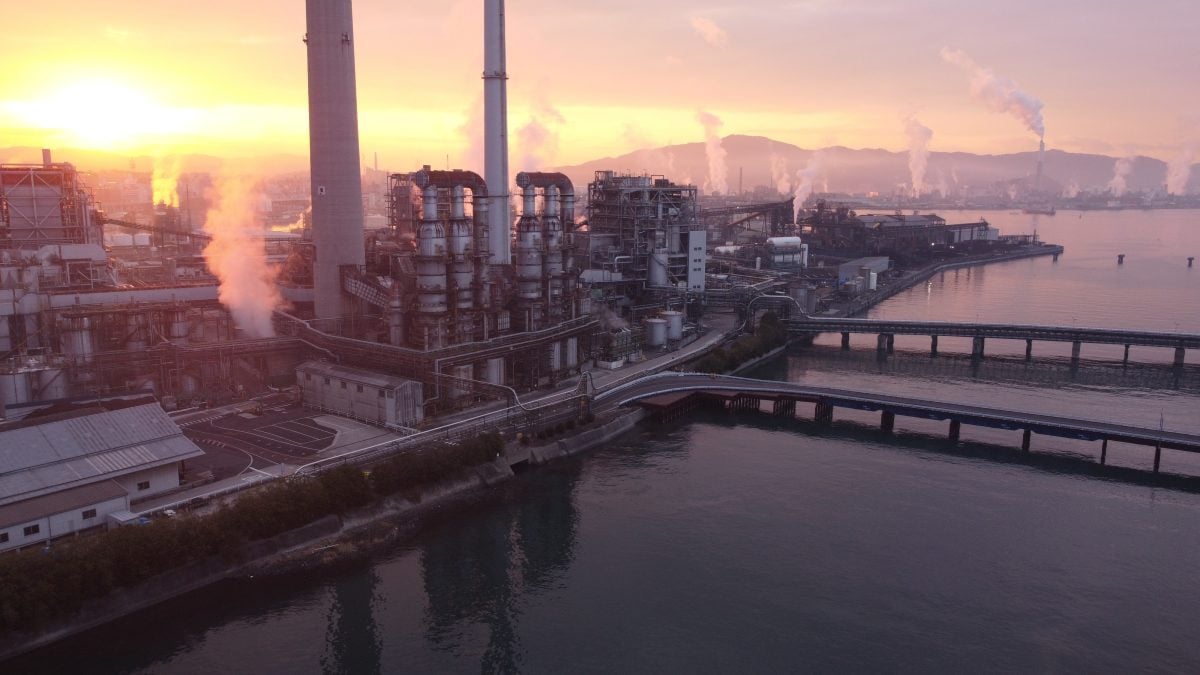Desperately worried about climate change when I was a UK cabinet minister in 2007, I proposed that the European Union’s Emissions Trading System went global.
But a study in April 2020 found that between 2008 and 2016 that system had reduced carbon emissions by a minuscule 3.8% of total EU-wide emissions compared to being without it.
By the end of 2021 more than a fifth of the world’s emissions were covered by some form of carbon pricing, with over 60 carbon taxes and emissions-trading systems. Yet according to The Economist only a tiny minority of these schemes were effective. Carbon prices were set too low, and many domestic sectors were excluded.
Carbon market sceptics claim that emissions reductions have been minimal while polluting companies have been burnishing their green credentials.
Many schemes have also been limited in scope, to protect domestic industries. The EU is now introducing a Carbon Border Adjustment Mechanism (CBAM) with a transition period from October 2023 to the end of December 2025, to prevent heavy industry moving to other jurisdictions with weaker climate rules (a classic problem with such schemes). This should remove the need to exempt some domestic sectors and strengthen incentives for non-EU countries hoping to transition from carbon to renewable energy.
Lower- and middle-income countries with the fewest resources are likely to bear the greatest disruptive burdens of climate change. So it is vital they are able to invest in renewable energy rather than in fossil fuels. They also offer great potential for skipping over centralised electricity generation from fossil fuels to on-site, renewable power, including solar and wind, off-grid if needs be.
Africa, for example, has the world’s greatest solar energy potential, and in 2000 I proposed and got endorsed at the Europe-Africa Summit in Gaborone, that a significant share of EU aid should be spent on investment in renewables of all sorts, solar especially.
Slow progress
But progress since then has been abysmally slow. As the International Energy Agency (IEA) argues, this transition to low carbon energy will not take place unless new capital resources, including green investment and carbon credits, can harness much greater international financial support.
Joined by the World Bank and the United Nations, the IEA recently called on developed economies to fund much more investment in renewable energy in developing economies. And carbon trading schemes need to be designed to help deliver that objective.
At the Cop27 conference in November 2022, John Kerry, the US climate envoy, proposed a voluntary scheme for big companies to fund decarbonisation of power systems in the developing world.
While his scheme would circumvent domestic US political opposition to any proposal for a “carbon tax”, would private companies have any incentive to join such a scheme?
As of November 2022, over one-third of the world’s largest publicly traded companies had announced net-zero targets. Kerry’s proposal is to find suitable projects for carbon off-setting funds.
At the core of all this is whether the governments of the world and their citizens really want to tackle the climate emergency, by financing a transition to renewable energy, or not. As John Kerry insisted: “We have to win the battle against the climate crisis, not give in to business as usual… If we don’t come up with creative ways to mobilise money, we are going to blow through 1.5C [of global heating].”
Kerry deserves credit for his efforts. However, his voluntary carbon credit programme cannot guarantee deep, real cuts in emissions unless it is accompanied by concessional finance below market rates for poorer nations to invest in clean energy. “It’s tantamount to rearranging the deck chairs as the climate ship is going down,” argued the Union of Concerned Scientists.
More action, less blah-blah-blah
Politicians – and frankly most citizens too – pay lip service to the climate emergency. We are horrified about unprecedented weather extremes right across the world: devastating floods and seemingly endless droughts; temperatures plummeting to well below freezing as well as soaring into heatwave firestorms.
But we still want to drive our cars, order online for deliveries, take flights and use ever more energy. Windfarms yes – but not in our backyards. Marine turbines of course – but not if we are stopped swimming where we want to at favourite beaches or stopped fishing in our favourite estuaries. A thumbs-up for investment in the green economy – but not if it means paying higher taxes. A long-term agenda – but not if it gets in the way of a short-term fix to win the next election.
Nearly 20 years ago I remember Nicholas Stern attending one of our Labour cabinet meetings to present his chilling report on climate change. His message: there will be big costs in the short term to limit climate change damage – but even greater costs in the longer term if governments and citizens do nothing or too little.
How right he was. Too little action, too much blah-blah-blah as Greta Thunberg pithily put it.
This is an IC Intelligence article, written for African Business.
Want to continue reading? Subscribe today.
You've read all your free articles for this month! Subscribe now to enjoy full access to our content.
Digital Monthly
£8.00 / month
Receive full unlimited access to our articles, opinions, podcasts and more.
Digital Yearly
£70.00 / year
Our best value offer - save £26 and gain access to all of our digital content for an entire year!

 Sign in with Google
Sign in with Google 



